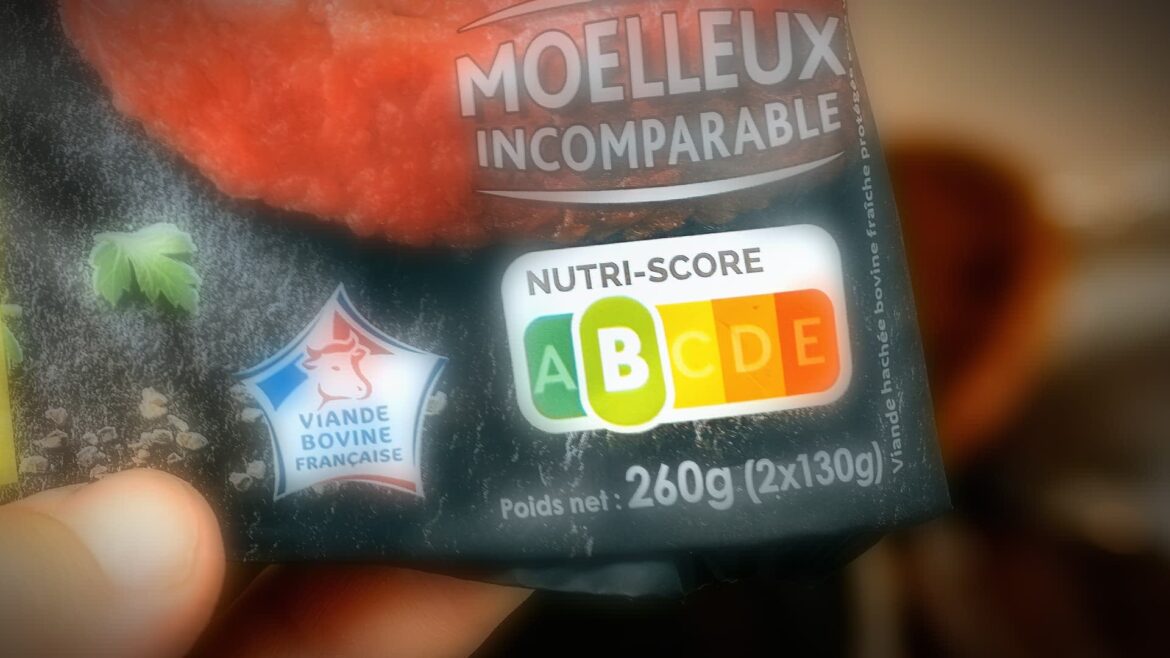Summary
The French National Assembly has voted to include a possible mandatory Nutri-Score requirement in a Social Security bill, making France the first country to introduce the labeling system on most packaged foods if the bill is approved without changes. The initiative reflects growing public support for Nutri-Score in France, with debate continuing over whether the labeling system should be adopted across all 27 EU member states due to potential conflicts with current EU rules.
With a new vote, representatives in the French National Assembly have moved to include a possible mandatory Nutri-Score requirement in a proposed Social Security bill.
If the bill is approved without changes to the adopted amendments, France would become the first country to introduce the front-of-pack labeling system on most packaged foods sold in the country.
Nutri-Score is a traffic-light-style label that uses five coordinated colors and letters to rate the healthiness of a packaged food item based on its fat, sugar, salt, and calorie content per 100 grams or milliliters. A “green A” indicates the healthiest rating, while a “red E” represents the least healthy. All olive oils currently receive a “light green B.”
The main amendment asserts that “a large number of scientific studies demonstrate that the Nutri-Score is a nutritional signal that works.”
French lawmakers noted that although more than 1,500 brands now use the label, “large agri-food groups continue not to play the transparency game.”
The text also highlights that “94 percent of French consumers have expressed their support for a mandatory Nutri-Score.”
During the debate, representatives discussed exempting traditional French foods, particularly products certified under EU PDO, PGI or TSG schemes.
A sub-amendment specifies that these certified foods should be exempt, along with items tied to long-established regional traditions, including those produced in mountainous areas and certain small farms.
Lawmakers argued that the current Nutri-Score algorithm classifies nearly 90 percent of French cheeses as D or E, including many with official quality labels, failing to reflect “their production methods, cultural importance and gastronomic value.”
They warned that making the logo a universal standard for judging “good” and “bad” foods could encourage industrial reformulation — using additives, sweeteners or preservation technologies — to obtain better scores, without delivering real health benefits.
Such an outcome, they said, risks turning Nutri-Score into “a marketing tool for products with questionable nutritional qualities,” while unfairly penalizing regional foods whose specifications do not allow reformulation.
Jean-François Rousset, one of the lawmakers backing the amendments, said “our local products, which are made with love to reproduce recipes that sometimes date back centuries, should not be compared to ultra-processed products.”
While the future of the bill remains uncertain, the initiative reflects growing public support in France for Nutri-Score and increased pressure on lawmakers to take a definitive position.
Nutri-Score was introduced in France in 2017 as an optional label. Major companies such as Danone and retailers like Carrefour were among its early adopters, helping it spread quickly across the country.
Several European countries have since followed with similar voluntary systems. Still, after a significant algorithm update was announced last year, some industry players shifted their stance.
Danone, for example, stated the revised algorithm would penalize many of its products and announced plans to remove the label from most of them.
By contrast, Carrefour moved in the opposite direction, making Nutri-Score mandatory for most food products sold in its French stores.
Since the introduction of Nutri-Score, debate has continued over whether it should be adopted across all 27 EU member states. The European Commission has delayed any decision after divisions emerged among governments and industry groups.
The French Senate is expected to vote on the bill soon, but no other EU country appears to be pursuing a mandatory approach.
Experts also note that a mandatory Nutri-Score in France may conflict with current EU rules. Under Regulation (EU) No. 1169/2011, “no member state can unilaterally adopt a mandatory front-of-pack label if it affects intra-EU trade.”
The European Commission has previously stated that EU law only permits voluntary front-of-pack labels unless a mandatory system is adopted at the EU level.


Dining and Cooking